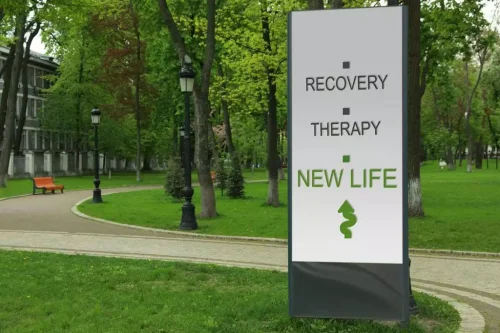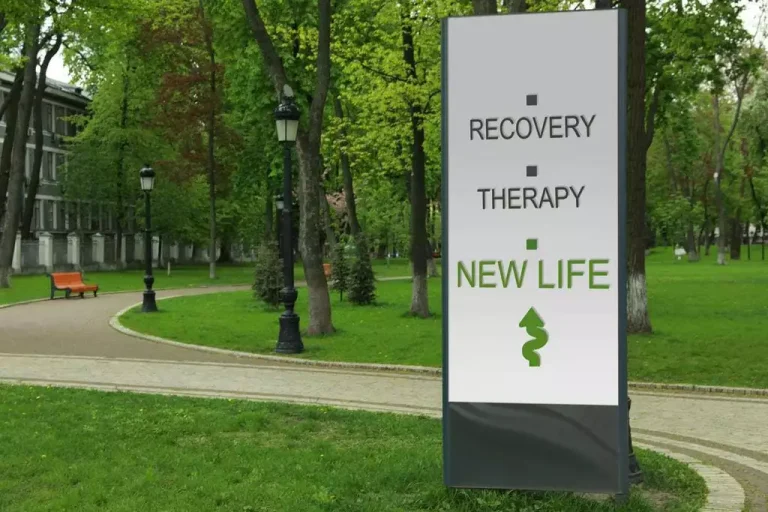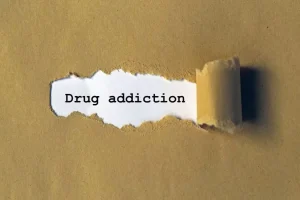How to Help an Alcoholic in Denial

If someone you trust has suggested you are, take time to step back and examine the situation from afar. Try to think objectively about the little and big ways alcohol or drugs play a role in your life. In most cases, someone who relies on alcohol and drugs will continue to be in denial about their addiction until their problems become impossible to ignore. This could happen in the form of an overdose or other major health event, legal trouble, or relationship strain or loss. Support groups, such as Alcoholics Anonymous, can play a vital role in maintaining long-term sobriety. Remember, we understand the challenges you or a loved one might face, and seeking professional help is crucial in overcoming denial and working toward recovery.
Conditions
- Many people with alcohol use disorder hesitate to get treatment because they don’t recognize that they have a problem.
- Certain traits, such as independence and perfectionism, can add to a person’s hesitancy or reticence to seek help, says Grawert.
- People may deny their alcoholism for different reasons—it’s not always about hiding it.
- Remember, addiction is a disease that affects the brain, and it’s not a choice or a character flaw.
Gently introduce the idea of seeking professional assistance, providing information on local resources and treatment options. Understand that denial is a common defense mechanism and be prepared for it. The road to acceptance and recovery is often long, requiring patience and persistent support regardless of their initial response. When a family member or friend is struggling with alcoholism, it’s crucial to approach the situation with empathy and compassion. Remember, addiction https://ecosoberhouse.com/article/alcohol-overdose-symptoms-and-antidote/ is a disease that affects the brain, and it’s not a choice or a character flaw. To support your loved one, try to learn more about alcoholism and its effects on the individual.
Caregiver Stress and Burnout

People with alcohol use disorder may experience denial, which can delay treatment. Binge or heavy drinking can wreak havoc on a person’s love life, work responsibilities, and in some cases, result in legal problems. The Ohio Recovery Center is a state-of-the-art addiction treatment center on a 55-acre campus. The facility provides a serene and supportive environment for those seeking to overcome addiction. Spring Hill Recovery Center is located in western Massachusetts, and provides evidence-based addiction treatment in a residential setting. Spring Hill focuses on treating substance use and co-occurring disorders, emphasizing a comprehensive approach to recovery that includes both evidence-based and holistic therapies.
Press Play for Advice On Finding Help for Alcohol Addiction

Instead, she recommends seeking more formal support with Al-Anon or therapy to help you create boundaries and care for yourself. Sometimes, a person’s personality can influence their tendency for denial. Certain traits, such as independence and perfectionism, can add to a person’s hesitancy or reticence to seek help, says Grawert. According to Conroy, it may be easy to get caught in denial with AUD if you subconsciously feel something is wrong with you alcoholism and denial at your core.
When your loved one swears to you and to themselves that they will never touch another drop of alcohol, you might believe them. Substance use disorder is a primary, chronic, and progressive disease that sometimes can be fatal. No matter your background or expertise, your loved one will likely need outside help. You don’t have to create a crisis, but learning detachment will help you allow a crisis—one that may be the only way to create change—to happen.


